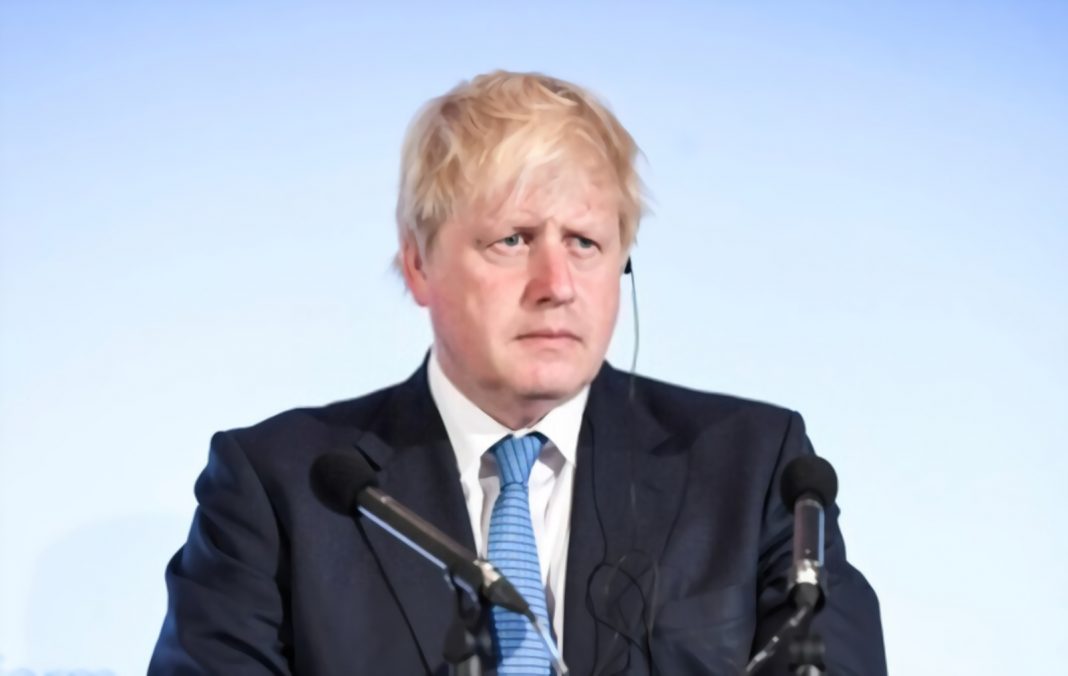The continuing Fuel shortages, coupled with rising inflation, unemployment and, in particular, a significant jump in gas and electricity prices on the eve of the cold season, has left the British people distrusting their economy.
What are the reasons for the declining popularity of Boris Johnson and the Conservative Party?
What are the reasons behind food shortages in the UK?
Decreased Confidence in the British Economy
The BRC-KPMG report showed that millions of Britons have lost confidence in the country’s economic situation. British Retail Consortium’s (BRC) chief executive, Helen Dickinson, says sales last month were at their lowest level since the beginning of the year. She said “There are signs that consumer confidence is being hit as the fuel shortages, combined with wetter weather, had an impact in the second half of the month.” Dickinson also called the last quarter of last month more challenging, given the redoubled efforts by producers and farmers to supply food items in the run-up to winter.
Severe Food and Medicine Shortages
This comes at a time when research by the Office for National Statistics (ONS) shows that millions of Britons have been unable to obtain basic goods, including food and medicine, due to fuel shortages. According to research, about 17% of Britons have not been able to obtain raw materials during this period, and 23% have faced the problem of preparing unnecessary food items. One in six Britons also admitted to experiencing different conditions when shopping for food; 43% said the variety had decreased and 14% went to different stores to get what they needed. According to research, the items needed by one-fifth of the population were not available, but they were able to find a replacement. Yet another fifth said they had not found a replacement. Thirteen per cent of Britons have waited too long to get medicine, and 4% have had to go to different pharmacies to get what they needed.
The Fuel Crisis and Government Inefficiency
More than three weeks have passed since the beginning of fuel shortages in the UK, and many petrol stations in the capital and the South East remain closed. The government has enlisted the help of the military to make up for the shortage of truck drivers in the country and has eased immigration laws for foreign drivers. But the plan is said to have been unpopular and few drivers have applied for a licence. The UK is facing a shortage of 100,000 truck drivers, but the government has set aside only 5,000 temporary licences to overcome the current crisis.
Probable Shortages at Christmas
Helen Dickinson has called on the government to extend the licensing scheme for foreign drivers. She warned that without immediate action, people’s lives would be disrupted at Christmas. Paul Martin, the UK’s head of retail at KPMG, also said “This may feed into limited availability of certain products and the spectre of price rises remains as retailers pull out all the strings for Christmas”.
The British Are Worried About Rising Prices
Data from Barclaycard shows that 46% of store shelves have been empty in the past month. Eighteen per cent of customers have had to shop around for fruits and vegetables and 13% for protein, frozen foods and drinks. According to a survey, 90% of households in the UK are worried that rising prices will create financial problems for them.
Johnson Does Not Accept the Existence of a Crisis
Last week, British Prime Minister Boris Johnson appointed the former boss of Tesco as an expert supply chain adviser while the government bids to avert a crisis for deliveries in the run-up to Christmas. Johnson has ruled out any crisis in the country, but British media say the developments are just the tip of the iceberg for problems caused by the fuel crisis and the onset of winter.
Government Inefficiency in Resolving Crises
At the same time as shortages and high prices for some goods, including fuel, and the resulting dissatisfaction, the British prime minister’s holiday in Spain has provoked a critical reaction in some political circles and the media in the UK. In a recent YouGov poll, 53% of those questioned said the government was not doing well in the economy, and only 26% said the government was doing well. While the country is in crisis, the government is stalling and taking no action. The growing number of patients with Covid-19 and the continuing death of large numbers of patients have also become other criticisms of the government’s performance. In just one month recently, more than a million people have been diagnosed with Covid-19 in the UK, with nearly 4,000 patients dying in the past month, making the UK the fourth most affected country in the world.
Boris Johnson’s Inefficient Foreign Policy in Afghanistan
The UK government’s performance in Afghanistan, as well as its continued arms sales to Saudi Arabia, have been other causes of growing dissatisfaction with the government’s performance. With the government’s disgraceful departure from Afghanistan, it became clear to everyone that none of the promises made to the people during the invasion of Afghanistan had been fulfilled. Instead of learning from past events, the government continues to sell large quantities of weapons to countries that use them to suppress people and attack other countries.
A few days ago, at the opening of the Conservative Party’s annual conference in Manchester, thousands of protesters took to the streets to demand an end to Boris Johnson’s government. Most participants from different walks of life held placards reading “Expel the Conservatives.” Meanwhile, groups of social workers travelled long distances from various cities to join the protesters in Manchester, demanding higher wages. The British welfare system, which was already underfunded, has come under increasing pressure due to the Covid-19 pandemic and the aging population. Rising dissatisfaction with the performance of the ruling Conservative government has also weakened the party and its representatives in society and reduced the government’s popularity to a minimum.

